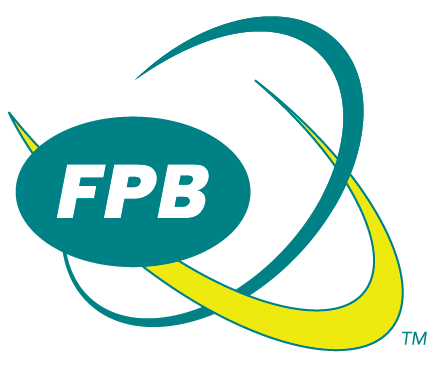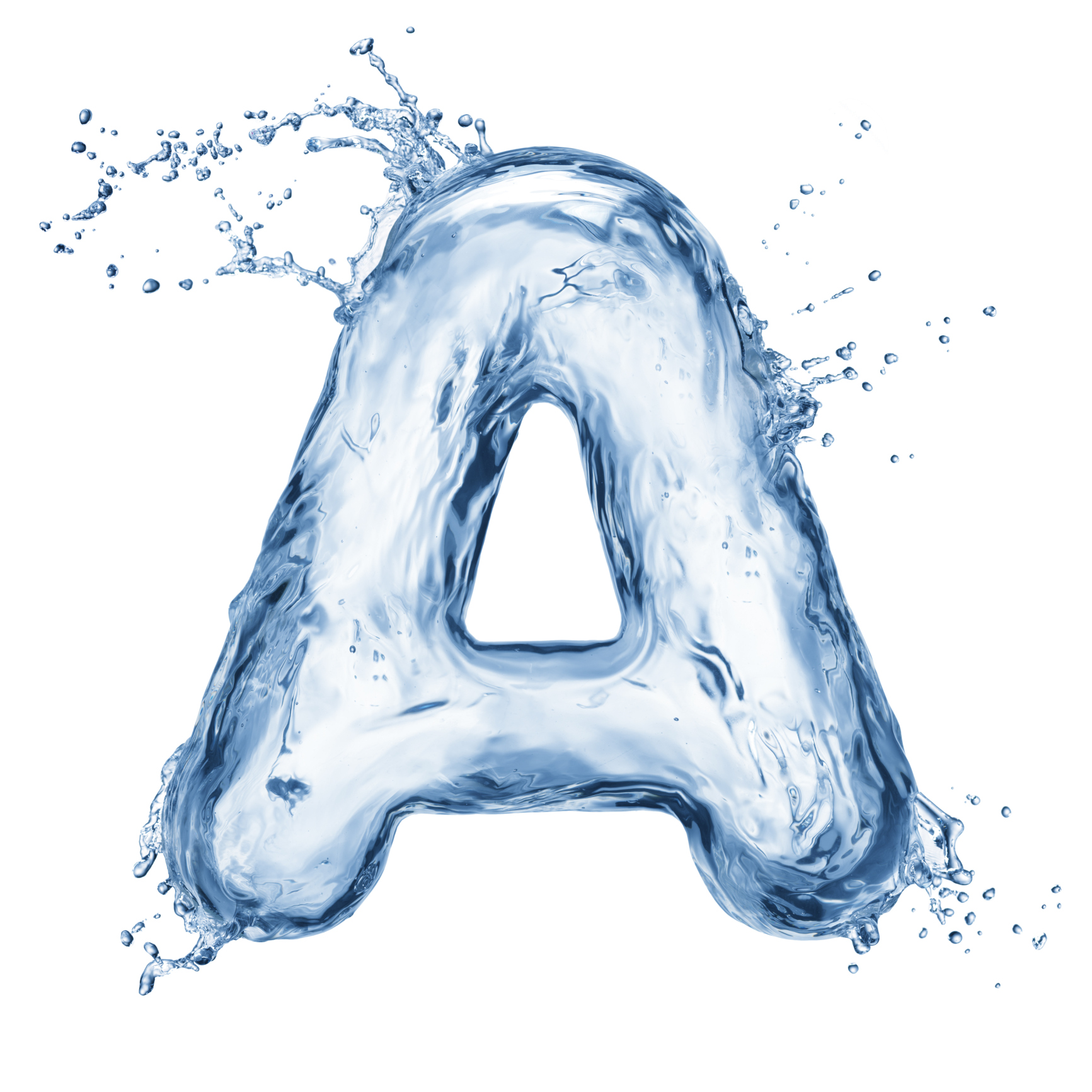Q: My water bill and usage is higher than normal, could I have a water leak? What are some things I can check?
A. Leaky toilets, faucets, showers and pipes can account for larger water bills. Also extra people in the home than normal or filling a swimming pool or watering your lawn or gardens.
Here are a few things you can check:
Toilets, put a dozen drops of food coloring in the tank part of your toilet and without flushing see if the water changes color in the bowl within an hour. If so, check the water level in the tank tube to see if it’s running over the top of the tube and the flap for leakage at the bottom of the tank. A faucet or shower head can increase your water bill. Look to facts about water. Check crawl spaces and wet basements along with looking for damp areas in your yard or areas that are brighter green. Sometimes we have seen hoses left on for long periods of time.
Q: What are those small white granular particles in my strainer, shower and dishwasher that look like little pieces of plastic?
A. It may well be your hot water heater tank, which has a dip tube that extends from the top of the tank to near the bottom. This is usually a non-metallic dip tube and becomes brittle and as the pieces break away, the tube cracks apart and these particles collect as you use your outlets and appliances. In most cases the tank has to be replaced.
Q. What causes low pressure?
Low pressure can occur in your home for a variety of reasons. Sometimes there may be a water main break that will be a temporary loss of pressure. But, should your low pressure continue you might have a leak or a shut off valve that may need to be checked or a pressure reducing unit working incorrectly. Lots of times people get pressure and flow of water confused. Some water lines have good pressure but the flow in the lines have been restricted due to build up in the line, which causes less water at an outlet when more than one outlet is open at the same time. If you need assistance call 352-4501.
Q. What do I do if I have water running and do not know how or I am unable to turn my water off?
A. Call our 24-hour service telephone number: 352-4501
Q. What is a Boil Water Advisory and a Boil Water Notice?
A. A BOIL WATER ADVISORY is a notice that may be issued by the water system to the consuming public through radio, television, direct mail, electronic mail, posting (door hangers), newspaper, or other media that conveys the quickest and most effective manner to inform the public that water provided by the system may cause adverse health effects from the consumption of the water and what action the public needs to know about the water.
A BOIL WATER NOTICE is issued by public health officials when there is a concern that an event has the potential to contaminate the water supply and that boiling your water is an effective way to ensure that your water is safe to drink. When a Boil Water Order is issued, you should make sure that any water used for drinking or cooking is boiled for at least three minutes (five minutes at higher altitudes) to make sure the water is safe. If you have power, refrigerate the water after boiling.
As soon as the water has been tested as safe, you will be notified by the water system through radio, television, direct mail, electronic mail, posting (door hangers), newspaper, or other media that conveys the quickest and most effective manner to inform our customers these conditions no longer exist.
Q. What it is a utility easement?
A. Utility easements are strips of land used by utility companies to construct and maintain water, electric, sewer, telephone, cable underground and overhead lines. The property owner owns all of the land, including the utility easements, however, utilities have a right to access that portion of land which has been designated a utility easement.
Utility easements are usually created at the time a plat for a new development is designed. Utility easements almost always exist along streets and along rear lots lines and sometimes between lots.
It is important to keep easements clear so they can perform routine and construction work because right of way easements have the power to do what it takes to maintain the utility.
Q. What is an agriculture meter?
A. These meters are for lawn irrigation and agriculture purposes. The Water Department can install these but, you will need a letter from the Frankfort Sewer Board exempting you from sewer charges and then you will need to see our Customer Service Department Representative at our Downtown Office at 317 West Second Street.
Q. Where does the utility's responsibility end?
A. The water department's line responsibility ends at the water meter.
Q. Why does my water appear milky or cloudy looking at times?
A. The milky or cloudy look is really tiny air bubbles. This usually occurs when water is turned off then on in mains or in your house. Sometimes, it just happens when the weather is colder and the water is cooler than the lines are in a warm house. These tiny bubbles of oxygen gas will release in a few seconds. Just set the glass of water down and watch the cloudy, milky appearance disappear and become clear as it vaporizes.
Q. Why is my water rusty or reddish looking at times?
A. In some homes where older pipes are still in use or when a fire hydrant is being flushed this color appears at times due to extra iron that is exposed into the water by a disturbance. While the water is safe, it doesn't look pleasant. Usually by running your water for a few minutes it should clear, if not call 352-4501 and we will check it out.
Q. Will Chloramine hurt my fish?
A. Chlorinated water is harmful to fish if it comes into direct contact with their bloodstream. There are dechlorinating agents at most pet stores that you can purchase and read the instructions carefully to determine how much to use when you fill or partially fill your aquariums with water.
Q. I understand that Frankfort Water uses Chloramine in its water, so what is Chloramine?
A. Chloramine is a disinfectant that helps keep your drinking water safe and bacteria free. It inhibits the formation of unwanted chemical by-products and diminishes taste and odor problems associated with chlorine.
Q. What do I do if I have a taste or odor complaint?
A. You can call 352-4501. Before you call, you can ask yourself these questions.
- Does this happen every time you turn on the faucet and is it only in one place or others. Does it happen every time or just certain times (for example: maybe just mornings or evenings)?
- Do my neighbors have this problem?
- Have you had any plumbing work done recently?
- Do I have little usage during the day, if so, always run your water for 30 seconds to ensure that water that may have set in the lines for awhile is gone.
- Sometimes water that has a low flowing usage will develop an unpleasant odor, sometimes described as flat or stale.
- Sink traps that holds water to keep sewer smells from reaching out from drains sometimes become sour and will need to be flushed or add baking soda to them to prevent odor. These odors may be unpleasant, but not harmful.
- Sometime the water heater, when the flow is from little usage and sits dormant, will give off a rotten egg smell until ran.




